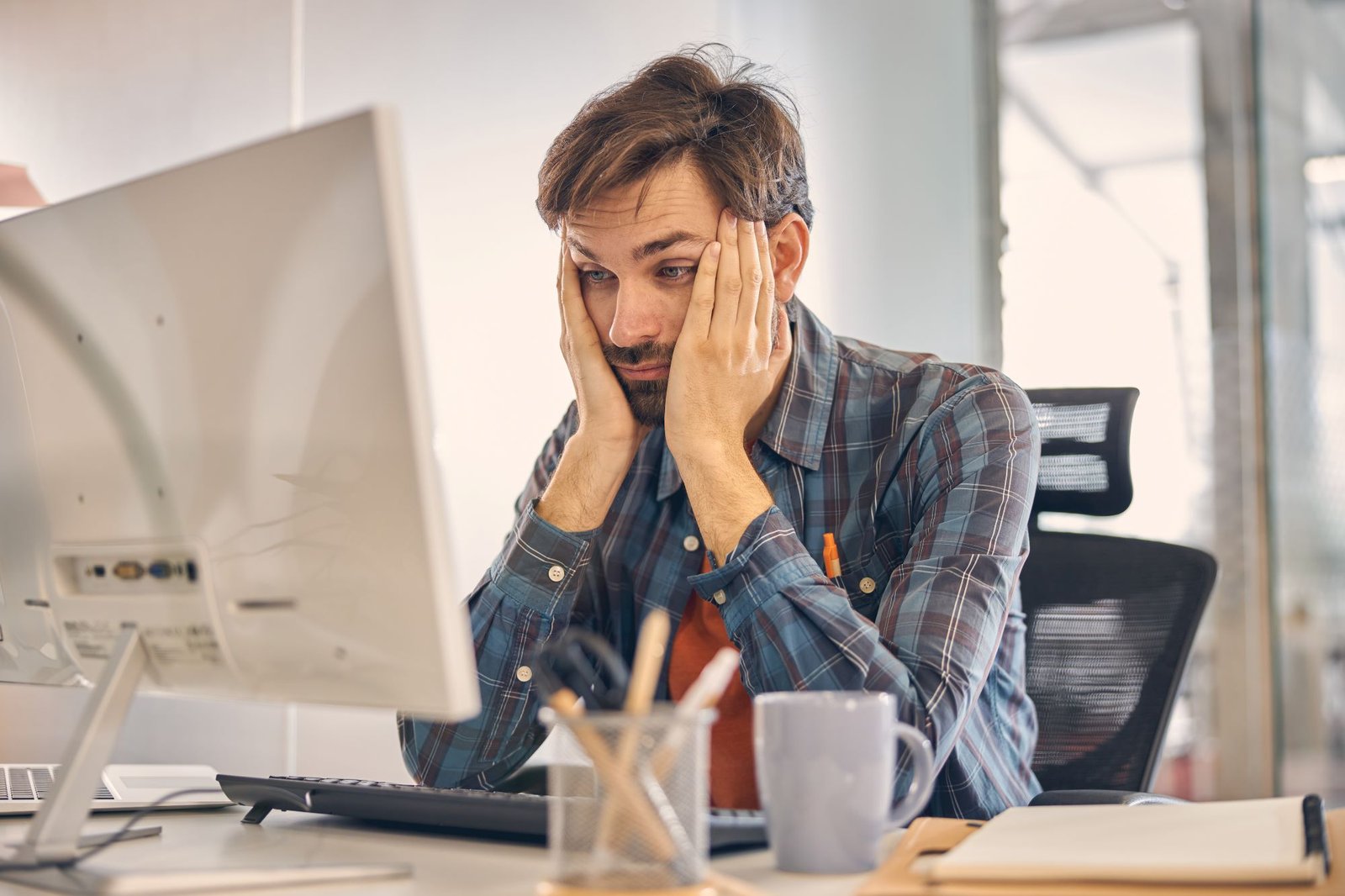Are you one of the millions of Americans who sleepwalk through their day? A new poll finds that many people aren’t getting enough restorative sleep, spending an estimated 1,460 hours a year feeling fatigued. Talker Research (formerly OnePoll) was commissioned by MD Live and surveyed 2,000 people from the general population, of whom 1,000 had chronic health problems such as diabetes, high blood pressure and obesity.
‘Exhausted’ US states
The survey, which looked at how Americans deal with fatigue, found that the average respondent feels tired for four hours a day, with 31% admitting to feeling tired for longer than that, and one in three saying they “always” or “often” feel tired after a full night’s sleep.
58% of respondents said they were unable to enjoy life because of fatigue, 58% said they avoided social interactions because of fatigue, 33% said they missed events they wanted to go to because of fatigue, and 27% said they had to cancel plans with family or friends because of fatigue.
People living with chronic illnesses may face even greater challenges than those without persistent health issues. This subset of respondents reported feeling tired for an extra two hours per day, 64% avoided social interactions due to health reasons, and 66% reported having more difficulty enjoying life. Of this subset, 40% missed events and 33% canceled plans due to feeling tired.
Do you fake it until you make it or do you procrastinate?
The average American spends about 27% of their weekends recuperating from the week. 32% of people say they put off household chores when they’re tired, 30% say they just stay in bed when they feel tired, 21% say they neglect their exercise routine when they feel tired, and 20% say they don’t even feel like cooking. But even when they’re tired, 33% of respondents say they push those feelings aside in order to get the things they need to do done.
Most people will explicitly say they’re tired three times a day, but many hide their tiredness and say they’re fine when they’re not. 54% of people who push themselves to succeed say they push themselves because they’re worried about not getting things done and being delayed, and 23% feel like their tiredness will go away eventually.
Despite feeling tired and slow, 36% of people had little (or no) thought about the underlying reasons for their slowness, and 43% didn’t recognise the difference between fatigue and lethargy.
Fatigue and fatigue are not the same
“Despite using the words ‘tired’ and ‘exhausted’ interchangeably, The difference between fatigue and lethargy“While occasional fatigue can often be managed with improved sleep habits and lifestyle changes, persistent fatigue is something you should talk to your doctor about as it could be a sign of an underlying health issue,” Dr. Maggie Williams, medical director of MD Live Virtual Primary Care, explained in a statement.
Even though 88% of respondents said they regularly experience symptoms of fatigue, 51% of respondents did not believe fatigue was a serious health issue, and 35% did not know that fatigue could be caused by an underlying health problem.
Thirty-eight percent of respondents reported having very low energy on a regular basis, 37% experienced sleep problems, 33% low motivation, 32% eye strain, and 32% muscle pain or weakness. Some people may be overlooking lesser recognized symptoms of fatigue, such as poor memory and anxiety or tension, which 27% and 22% of respondents reported experiencing on a regular basis.
Despite frequently experiencing the symptom, only 5% of respondents said they had spoken to a doctor about their fatigue, with 66% saying they had never broached the topic with a doctor or told them they were experiencing the symptom. However, lack of knowledge could also be part of the reason for this, as 17% were unsure if they suffered from fatigue.
Can you see the difference?
People sometimes use the words tiredness and fatigue interchangeably, but they are not the same. Fatigue usually refers to a short-term lack of energy that is improved with rest or sleep. Fatigue can be caused by lack of sleep or physical activity, and sometimes just a short nap can relieve fatigue. Fatigue is a persistent mental or physical exhaustion. It affects your ability to carry out daily activities at work, at home, and in your social life. Fatigue can persist even after getting enough sleep, and naps usually don’t help with problems like concentration, anxiety, sensitivity to light, lack of motivation, muscle pain, or difficulty waking up in the morning.
“If sleep-related issues or extreme fatigue start to interfere with your quality of life, it’s important to consult a doctor. Prior to receiving a diagnosis, more than a third of people with chronic illnesses say they experienced extreme fatigue without realizing it was a symptom of an underlying condition,” Dr. Williams notes. “A doctor’s diagnosis can help identify the underlying cause of your symptoms and develop an effective treatment plan.”

